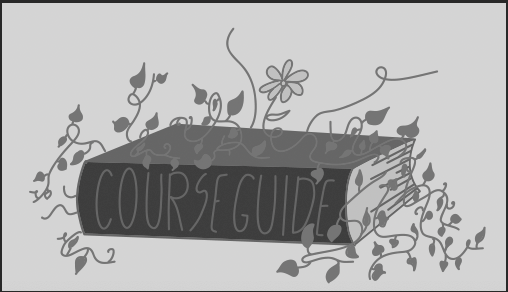I was eating lunch this summer in Ozh Purga, a village of fewer people than there are students at Harvard-Westlake, in Udmurtia, Russia, an unknown province to most Russians. Katarina*, a twenty-something-year-old student, turned to me and asked in broken English, “Is there something bad about the [N-Word]?”
To Katarina, that word is a synonymous, not derogatory, word for a black person. According to Katarina, there are Americans, Russians, Asians and [N-Words].
In the two weeks I spent in Udmurtia, living with a Russian family, I did not see one person of color.
That’s not a criticism of Udmurtia. I’m not trying to diversify an obscure Russian province into an idealistic American melting pot. But why, in a region of the world so isolated from black culture, is the N-word used casually? Katarina didn’t know how to say rain in English, but she knew how to say the N-word.
A recent Los Angeles Times article pinpointed hip-hop as the most influential genre. Artists such as Jay-Z and Kanye West have not only impacted the music industry more than The Beatles but have revolutionized societal impressions of black culture.
This influence is international. My host brother’s favorite rappers are Dr. Dre and Snoop Dogg. From the rap Andrei* listens to, he’s also retained an idea of what it means to be black in America. During my trip, he showed me a “funny” video about what Russians think of black Americans.
In the video, several Russian guys—pretending to be black—stood on a dilapidated street. They were wearing baggy pants and Air Jordans. In only a few minutes, I heard the words “Compton” and “[N-word]” amidst gunshots echoing in the background.
Think about it. As insulting as the video was, there are no black people in Udmurtia. Actually zero.
Where else would Andrei derive his interpretations of black culture but through hip-hop and the media? The African slave trade and the civil rights movement aren’t highlighted in Andrei’s school, but he knows about Kanye and Kendrick. Through their music, those artists project imagery.
Only the rappers aren’t glorifying poverty or police brutality or the fact that there are more black men incarcerated in 2015 than were slaves in 1850. They’re voicing their anger through music that encompasses a racial injustice. Unfortunately, that message is lost in translation. Without the backdrop of American history, Andrei merely sees foreign-looking men speaking in the rhythm of a familiar beat.
This is the opposite of the music’s intentions. Rappers use the N-word to voice injustice about what was stolen from their predecessors.
But without the adequate context, rap music perpetuates a stereotype that the artists are trying to abandon. The issue is not their intentions but the consequences that ensue, both domestically and internationally, when these intentions are not valued.
I’m not against rap music; I listen to rap all the time. I’m in love with Drake as much as the next girl, but hip-hop is influential. With such an influence, there are repercussions.
The problem is a lack of cultural understanding solvable by education. Knowledge leads to empathy, and right now, we need global empathy more than ever.
Andrei, Katarina and the Russians I met in Udmurtia aren’t as lucky as I am. They live in homes without a shower and in a place where homosexuality is illegal. The video Andrei showed me was only funny to him because he thinks it projects the truth. That doesn’t make me angry; that makes me terribly sad.
My response to Katarina was immediate. I told her that there was something wrong with the N-word because there’s something wrong with oppression.
There’s something wrong with the fact that it’s 2015 and we need the hashtag BlackLivesMatter.
*Names have been changed.
Editors Note: As policy, the Chronicle avoids repeating racial slurs, obscenities and offensive language.





































